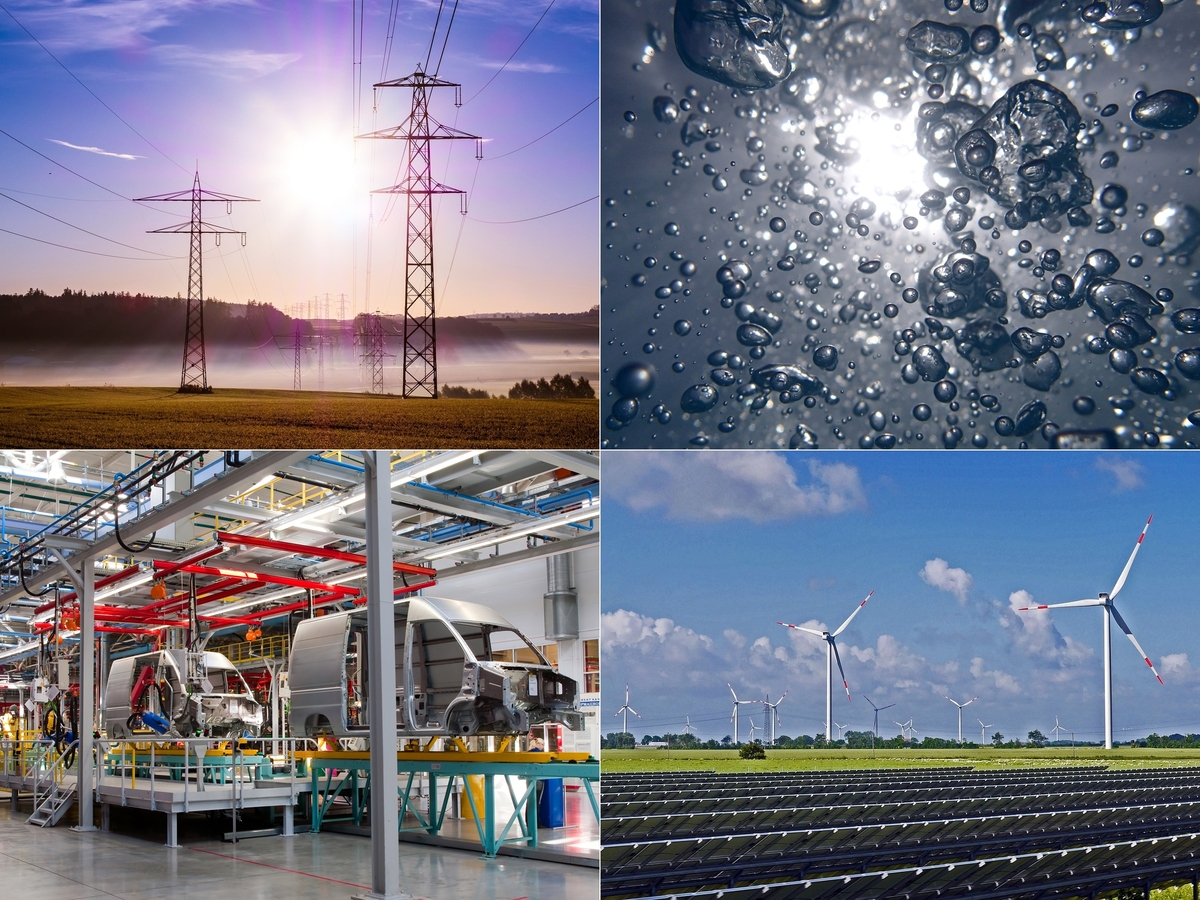Kopernikus program: ITAS is part of all four consortia
In the next ten years, science, business and civil society are to work hand in hand to develop new solutions for the transformation of the energy system. The research program Kopernikus of the Federal Ministry of Education and Research (BMBF) supports them in this. The aim is to develop new energy concepts by 2025 which can be applied on an industrial scale – and which are also socially acceptable. The BMBF will provide up to 400 million euros for the research initiative.
Around 1000 institutions from science and industry had applied in 41 project proposals for participation in Kopernikus. An international advisory board chose four of the consortia with a total of 230 participating institutions, which are expected to start their work this year. The decision was announced in early April by the Federal Research Minister Johanna Wanka. ITAS participates in all four projects and is also represented in the board of the Consortium for System Integration by the institute’s director Armin Grunwald.
Four successful project consortia
In the field of "New network structures", the project Ensure, headed by KIT President Holger Hanselka, managed to prevail. Together with 20 other partners, ITAS will examine ways of reducing the costs of grid conversion by a combination of centralized and decentralized power generation.
In the field of "Power-to-X", researchers will work on the conditions for large-scale storage of fluctuating renewable energy in the form of chemicals, gaseous energy sources and fuels. ITAS will contribute its experience in life-cycle sustainability assessment of new energy technologies.
The SynErgie project will, for the first time, demonstrate how in Germany energy-intensive production processes can be adapted to a fluctuating power supply to save energy costs and reduce CO2 emissions. In the field of "Industrial processes", ITAS will examine the social impact of flexible adaptation of industrial systems to a fluctuating power supply. In particular, it aims to investigate the impact on production processes and thus on companies’ work organization.
In the field of "System integration", the ENavi project considers the energy transition as a societal change process. The partners aim to drive forward the energy transition with the greatest possible involvement of all stakeholders and to assess the market potential of different technologies. ITAS will contribute, in particular, to the development of roadmaps including scenario development, to sustainability assessment, and to the topic of mobility transition. (27.04.2016)
Further links:
- BMBF website on the Kopernikus projects
- KIT press release on the ENSURE project


